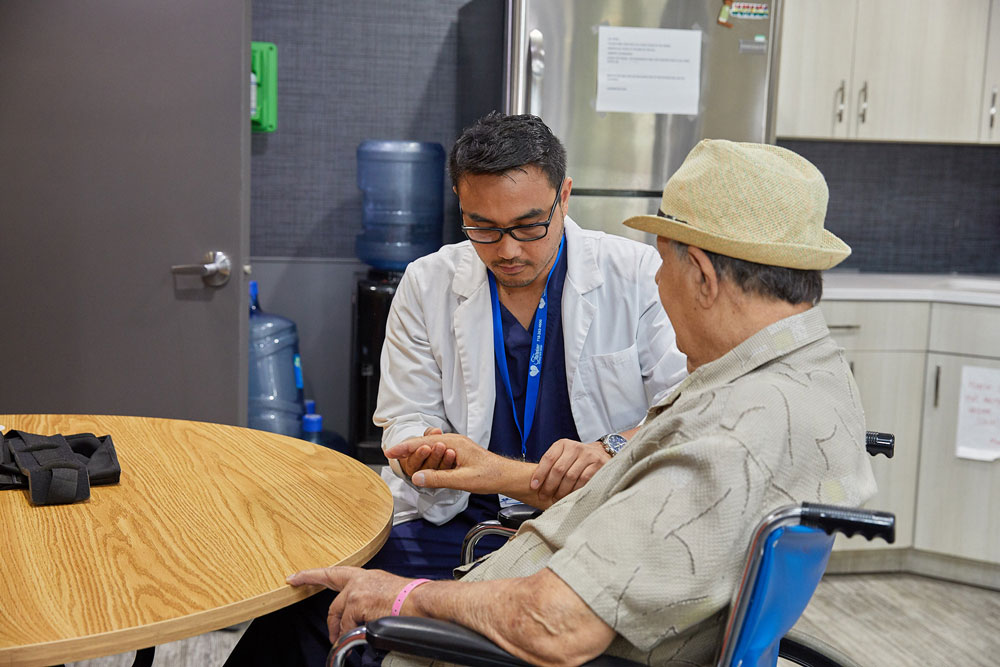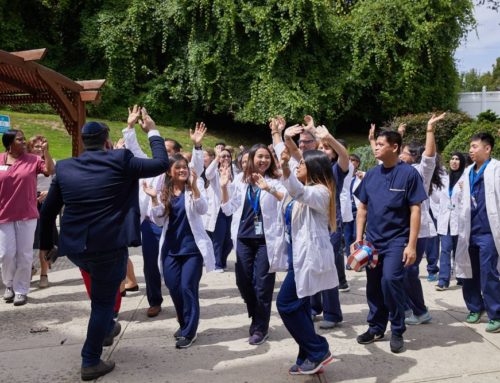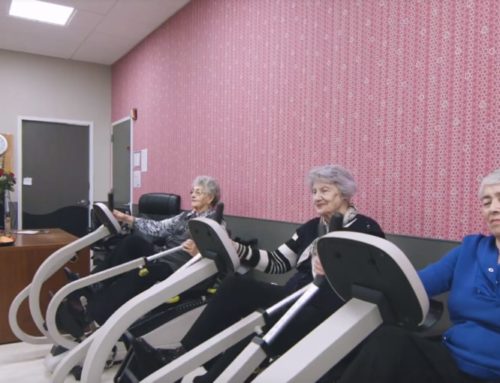What Are the Most Common Complications After Surgery
Surgical procedures always include discomfort afterward, including pain, nausea, restlessness, or swelling. Though these are common side effects, you may also experience complications after surgery. These can be much more serious and dangerous, slowing your recovery and possibly requiring further medical attention.
To combat such complications, proper aftercare is a must. At Fairview Rehab and Nursing Home in Queens, NY, we offer post-operative care, that may include wound care, IV therapy, oxygen level monitoring, dressing changes, a breathing apparatus, or a heart monitor and rehab therapies to those who need it. Our rehab therapy facilities and equipment are state-of-the-art, so our patients receive the best care possible.
Seek medical assistance if you suffer from post-surgery complications. The following information is only for education purposes.

Most Common Complications After Surgery
Even the most careful and well-done surgical procedures can result in complications. That’s why it’s important to learn what to expect after your surgery. Your medical team will monitor your recovery immediately afterward. You’ll need to focus on your recovery as well, notifying your doctor of any concerns you may have.
One of the most common complications after surgery is an infection, which occurs when bacteria enter the wound. As well as delaying healing, wound infections can spread to other tissue and organs if not treated. If an infection occurs, you may notice redness, swelling, or pus at the wound site. Fever is also a common symptom.
Issues with anesthesia can cause complications after any type of surgical procedure. Though nausea, confusion, itching, chills, and a sore throat are common, there could also be more severe reactions. Allergic reactions or long-term memory loss could occur. Anesthesia could also cause mucus buildup in your lungs, causing breathing problems, a faster heart rate, or blue skin and lips.
Another possible complication after surgery is shock, which occurs when blood pressure drops severely, reducing blood flow throughout your body. The possible causes include infection, rapid blood loss, brain injury, or metabolic issues. Your medical team will watch for signs of shock, administering the proper treatment to counter this issue.
Deep vein thrombosis occurs when a blood clot forms in one of your veins, resulting in swelling, redness, and tenderness. If the clot breaks away, it can cause a pulmonary embolism, which can be extremely dangerous. You may even notice difficulty emptying your bladder or breathing after surgery. If you notice any of the issues we’ve described, contact your doctor.
Post-surgical care
Post-surgical care can vary, depending on whether you’re having outpatient or inpatient surgery. The care you receive immediately after the surgery is the same either way. While in the recovery room, medical staff will monitor you for any complications after surgery. They will check your blood pressure, temperature, pulse, and breathing while watching for signs of bleeding, infection, or allergic reactions.
For those with outpatient surgery, when you’ve proven you can breathe properly, drink, and urinate, you’ll be discharged. Those with inpatient surgery will receive more post-surgical care. You may also be given pain medication and be asked to move or walk around to avoid blood clots.
This article contains informational and educational materials and does not replace health or medical advice. For questions or concerns regarding your medical condition or health objectives, speak to a qualified physician or healthcare provider.






Leave A Comment